As the bells ring across hundreds of high schools in Iowa, students line up in their physical education classes to choose teams for kickball. One by one, the captains select classmates for their teams until they dwindle down to the infamous last pick. Feeling defeated and unwanted, the last pick heads into the unwinnable game.
Faced with inequality and bound by technicalities, many high-achieving international students feel that their interests are put at the back of the line as they continue to face barriers in their educational, professional and personal lives due to their immigrant status.
International students consistently succeed academically, fostering healthy competition in high schools. In fact, US-born students with high exposure to immigrant students in their schools attained higher results on standardized testing than similar students with low exposure.
At PV, many high-achieving international students immigrated to the United States alongside their parents under H-category visas, a classification that outlines temporary work visas for specialty occupations in fields such as engineering or computer science. Most immigrant parents in the PV community are here with H1-B visas, allowing them to live and work in Iowa. The children of H1-B workers are issued an H4 dependent visa which allows them to stay in the U.S. alongside their parents.
H1-B and H4 visas are temporary and aren’t meant to be long-term statuses, but due to the inequitably long green card application process, international students will have to wait up to 135 years for permanent residency.
Indefinitely assigned a ‘resident alien’ status with H4 visas, international students are forced to live on tightly regulated, temporary documentation.
Work Authorization
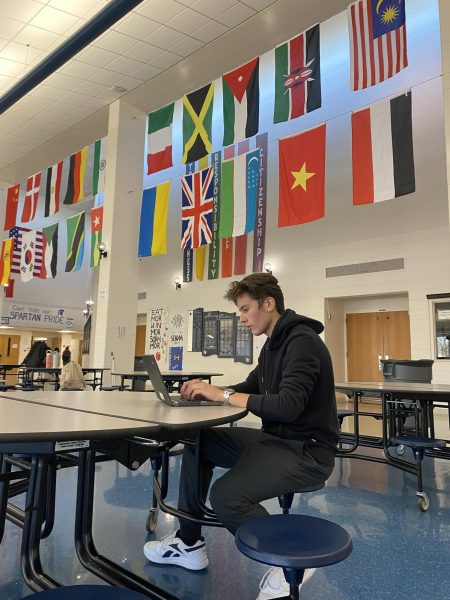
One common hurdle that international students encounter is the lack of work authorization in temporary H4 visas. Not being able to work in any paid capacity, international students stand to lose significant opportunities to kickstart their professional careers.
As the college application process becomes more competitive, students nationwide are buying into ‘internship culture,’ a rising trend that students use to improve their college applications.
But for many international students, including junior Andres Bravo Garza, working a paid internship is not an option due to their immigrant status. “I was offered an internship based out of Texas, but there were complications with my visa status and I had to turn it down,” Bravo Garza explained. “It felt unfair because I worked hard and networked to get that internship offer and then I couldn’t pursue it due to a technicality.”
With internships and other professional extracurriculars gaining importance, international students experience a wider gap in educational opportunities. High-achieving international students, like Garza, are being held back in some of the most vital years of their educational and professional careers.
It’s not a good feeling when something like this is out of your control and you can’t do anything about it
— Junior Andres Bravo Garza
In 2015, the Obama Administration worked to pass legislation that granted work authorization to spouses of H1-B visa holders, allowing them to work while waiting on decades-long green card backlogs. Obama’s executive actions increased the nation’s GDP by as much as $250 billion over ten years, a direct result of highly-skilled spouses joining the workforce.
In 2023, U.S. District Judge Tanya S. Chutkan supported that allowance by ruling against Save Jobs USA, an organization whose members claim to have lost jobs to H4 spouses.
Granting work authorization to H4 spouses increased America’s economic growth, and granting work authorization to American-educated H4 students will have a similar economic effect. Following recent rulings protecting H4 spouses, it’s time for legislators to start granting work authorization to H4 students.
Financial Aid
Not being able to work to save up for college only adds to another barrier that international students face: a lack of financial aid.
International students are ineligible to apply for any federal aid, including FAFSA. This also makes them ineligible for institutional need-based aid that requires a FAFSA report. Even non-governmental, well-known scholarships, like the Coca Cola Scholars Foundation and the Gates Foundation, prohibit H4 students from applying.
With few opportunities for scholarships, international students are often limited in where they can attend college, as they are left to pay the cost of higher education out of pocket.
Stigmatization
Granting work authorization and pathways to financial aid can be fixed by legislators, but it requires bipartisan approval. As immigration continues to be a topic of partisan debate, documented international students are being forgotten by state and federal legislators and grouped together under the large umbrella of immigration.
Iowa legislators are working to pass laws like Senate File 524 that allow domestic students to work more hours, but not laws that benefit international students.
This inequality is a direct result of an anti-immigrant sentiment felt by many Americans, feeding into the stigmatization of all immigration policies. The polarizing nature of illegal immigration only further alienates legal immigrants and unjustly impacts legislation.
Iowa’s former Teacher of the Year Sara Russell, who spent last year traveling across the state and speaking with state and federal legislators about education, shared an educator’s perspective. “I definitely think we need to take a better look at our immigration system in the United States. There’s definitely a stigma surrounding immigrants whether they’re documented or undocumented, she said. “I’ve had the opportunity to work with a lot of students over the years whose families have moved here or are living here perfectly legally, but then it seems that they have a lot of hoops to jump through in order for them to stay here.”
American legislators have the power to address issues that H4 students and their families face, but they continue to avoid the polarizing topic of immigration to stay out of the limelight for re-election.
Aging Out
On top of existing hurdles, international students face a countdown.
After international students turn 21 years old, they age out as dependents on their parents’ H1-B visas and are required to switch to a F1 student visa to attend college in the U.S. This shift forces international students to the back of the indefinite 135 year line for permanent residency, yet again. The cycle then repeats for the next generation, who will have to live under the limiting conditions of the H1-B visa and undergo the same tedious procedures.
After international students finish college on their F1 visas, they must immediately leave the U.S. to apply for a H1-B visa at an international U.S. Embassy if they have any hope of securing work authorization in the U.S.
Here, yet another hurdle awaits.
H1-B visas are only awarded to individuals who are qualified in specialized fields. In turn, many international students are forced to major in STEM fields, regardless of their passions. Chasing a restricted American dream, international students have to assimilate their educational and professional careers to a singular list that defines America’s economic needs.
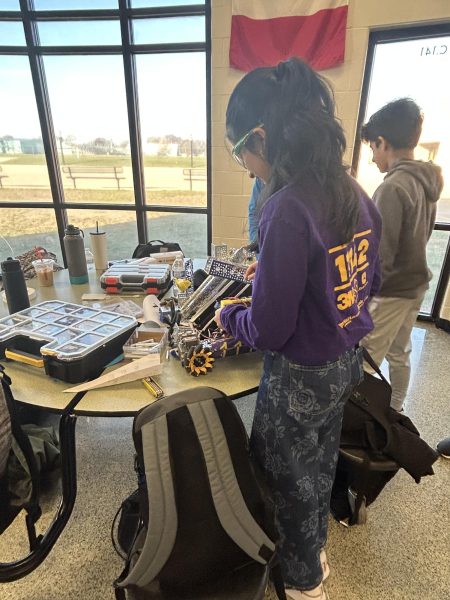
Sophomore Nishita Gudipati, who moved to the United States in 2018, feels that the pressure placed on international students has greater implications. “Many international students, including me, have to choose a STEM path in lieu of having to apply for H1-B status again later in their careers. If I age out of my parents’ permanent residency application, I will have to reapply for a H1-B visa. That’s why I knew from freshman year that I wanted to follow a pre-med track after high school,” she stated.
But pursuing medicine meant abandoning some of Gudipati’s other passions. “I had to leave behind humanities because I know there’s no future for me there.”
International students that have spent the majority of their lives in the United States, like Gudipati, deserve to be treated as domestic students and given the freedom to study any field, regardless of America’s economic needs.
Legislators must provide pathways to higher education and reform the American immigration system to begin righting the wrongs that immigrant families must regularly endure.
America’s Future
International students like Bravo Garza and Gudipati are proof that immigrant status is synonymous with the talent or merit of students.
Nearly half of Fortune 500 companies were founded by first or second generation immigrants. And as American industries continue to grow, companies will depend more on foreign talent.
Updating the immigration system and creating easier paths to permanent residency will allow international students to thrive. It’s time for legislators to remove international students from the back of the pack and ensure they are no longer America’s last pick.






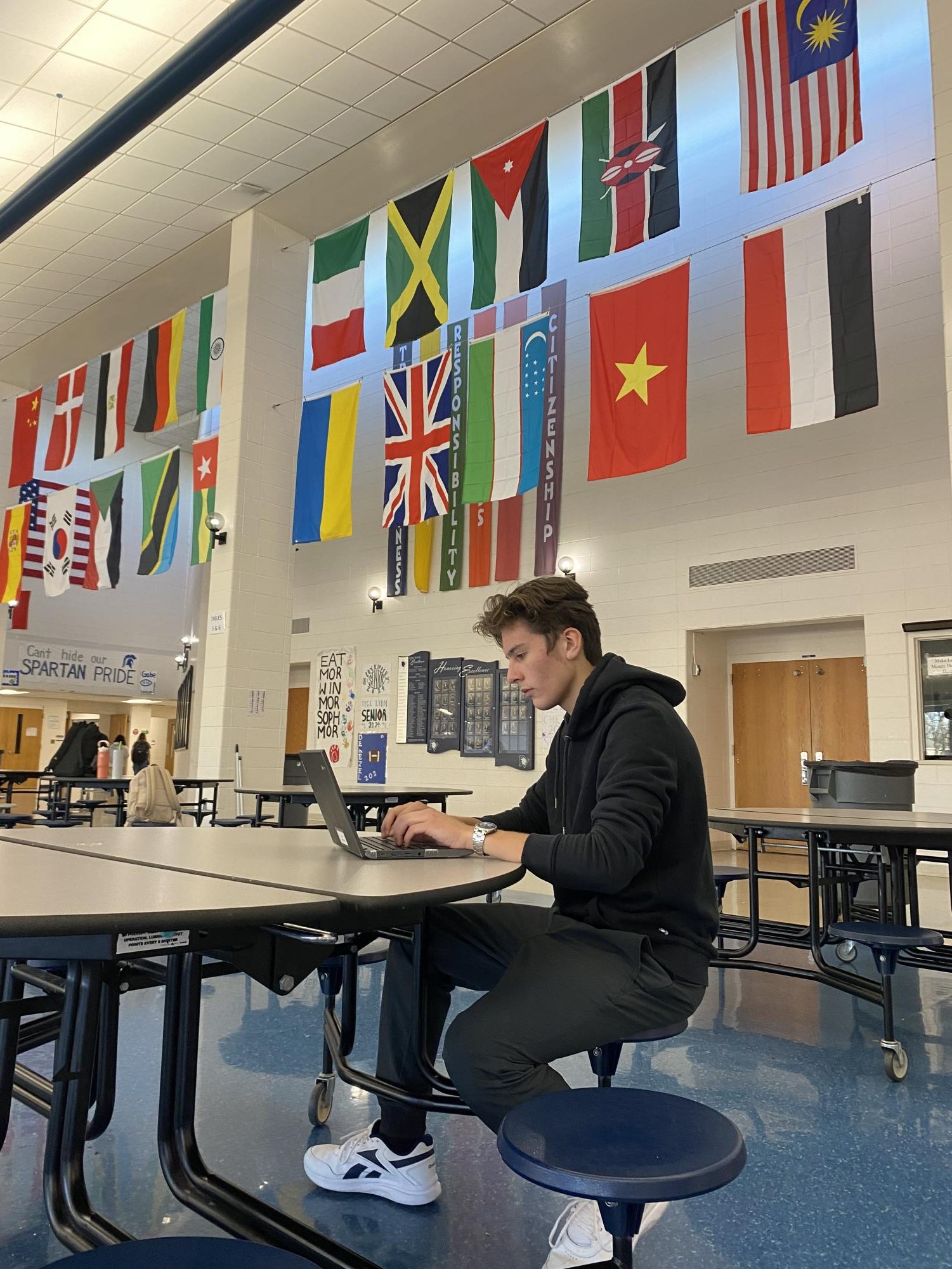
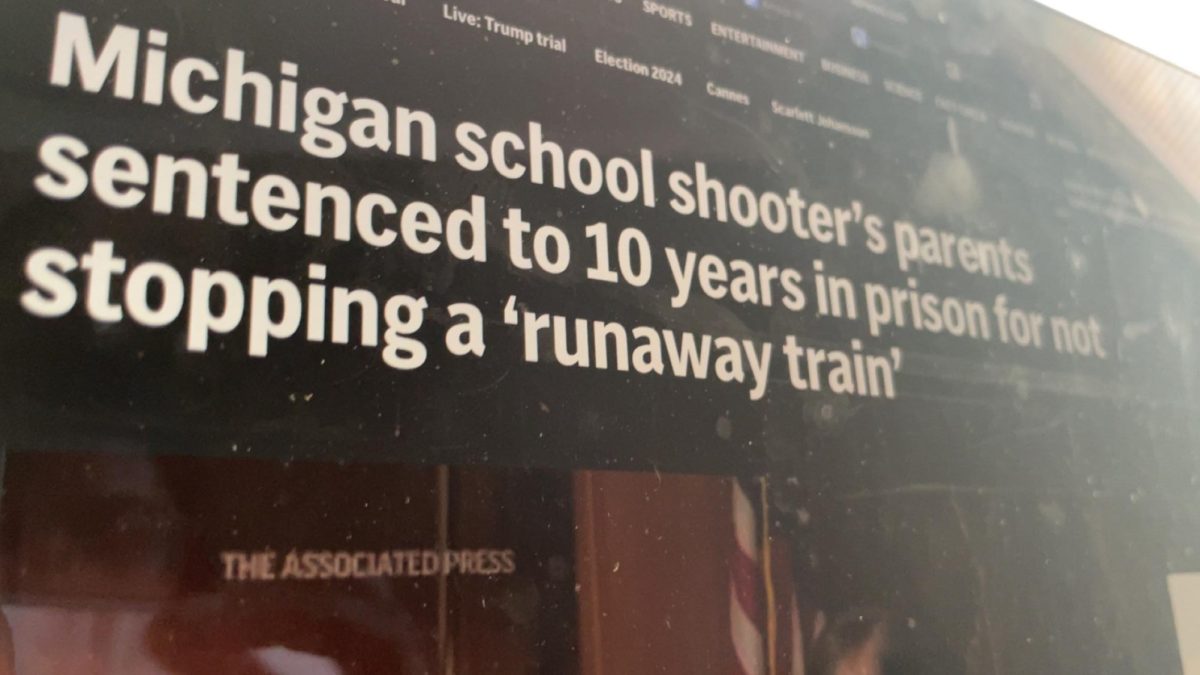

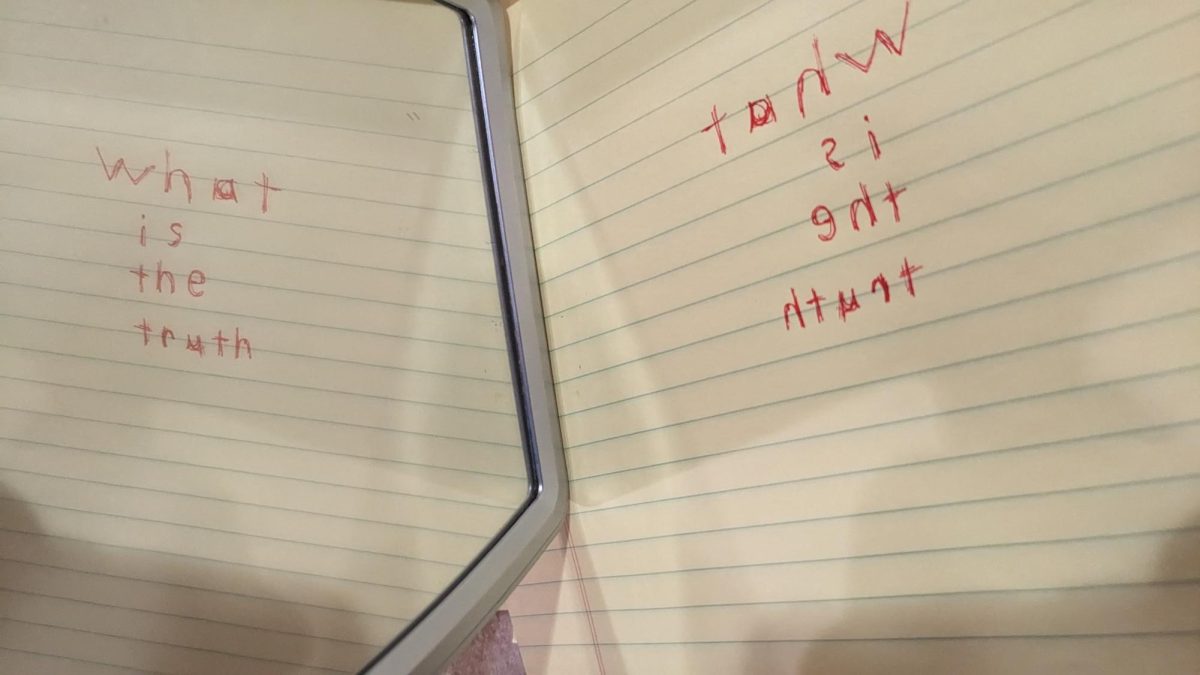
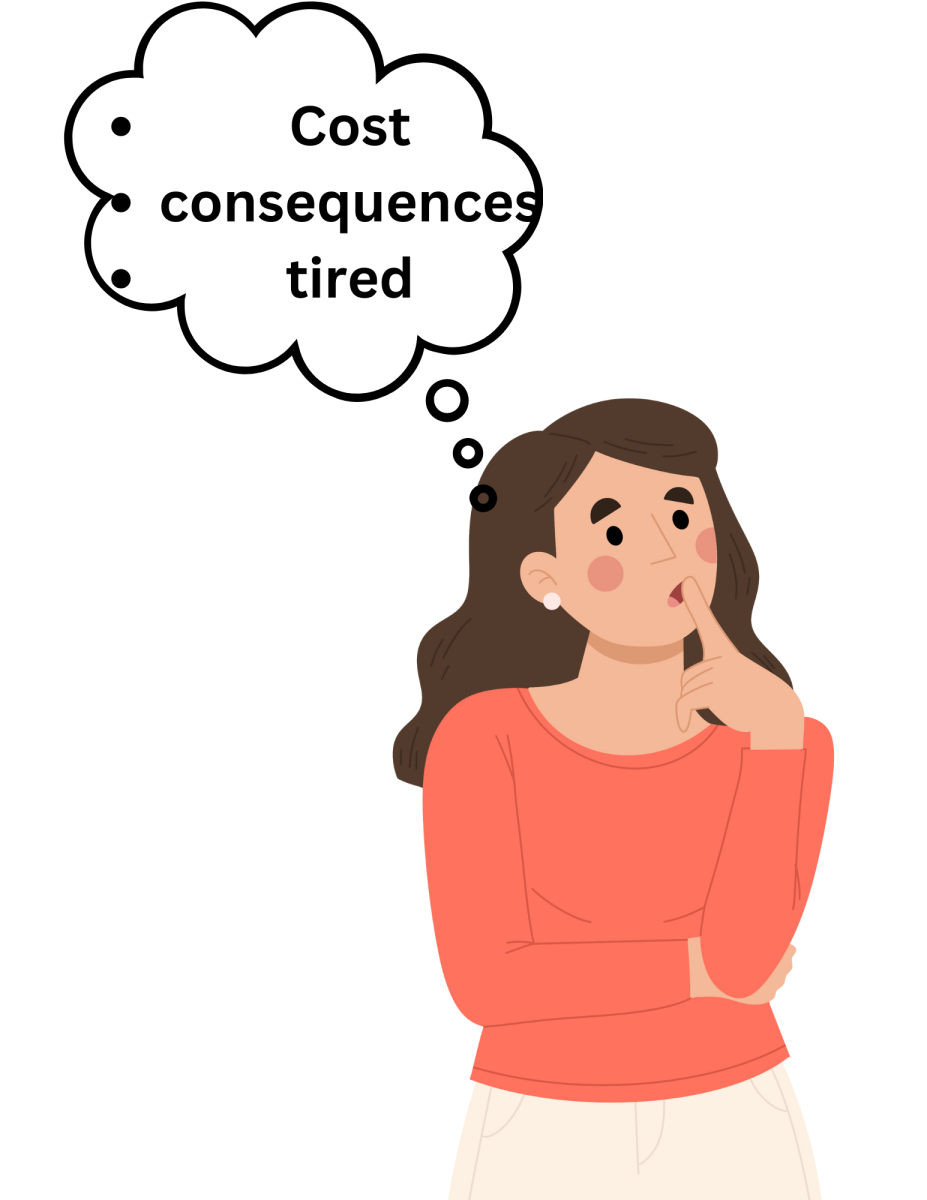

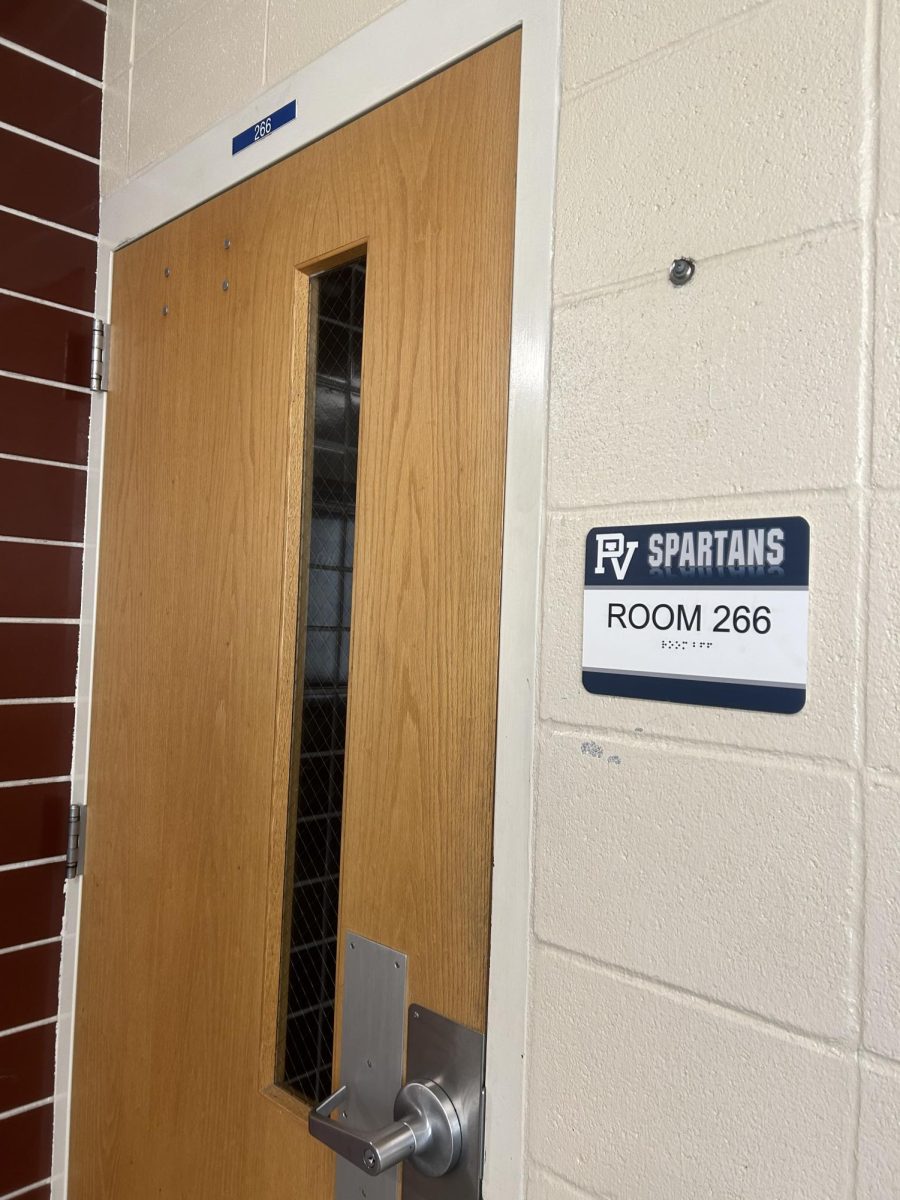
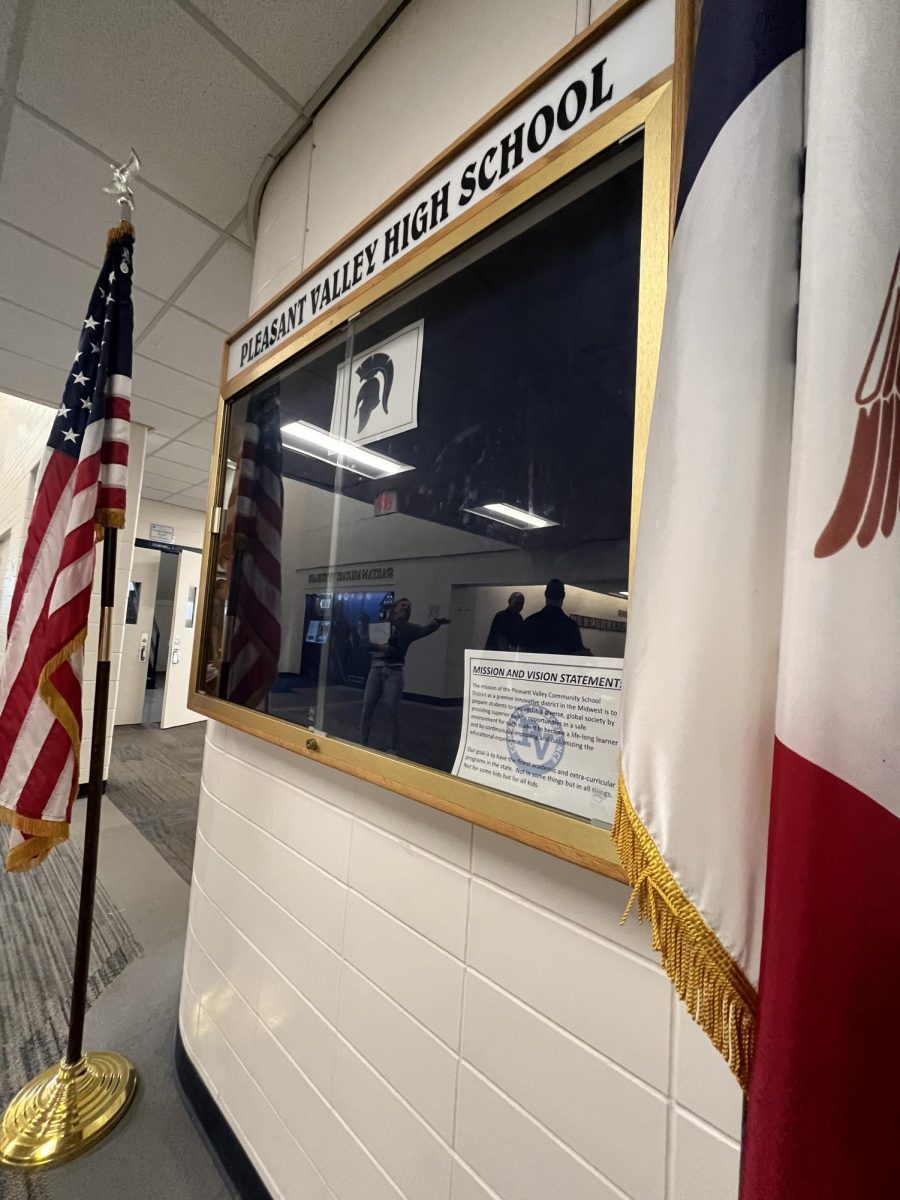
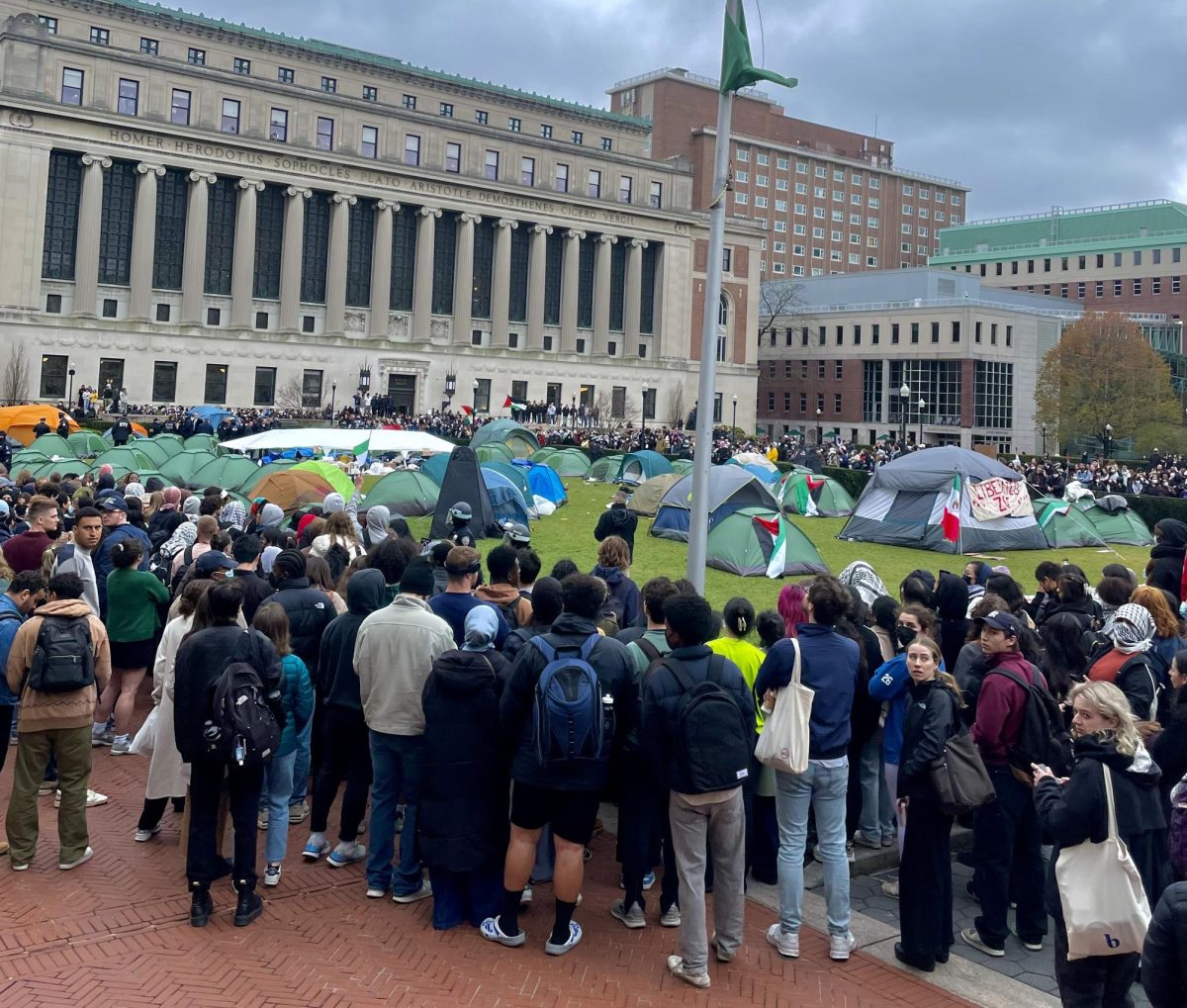
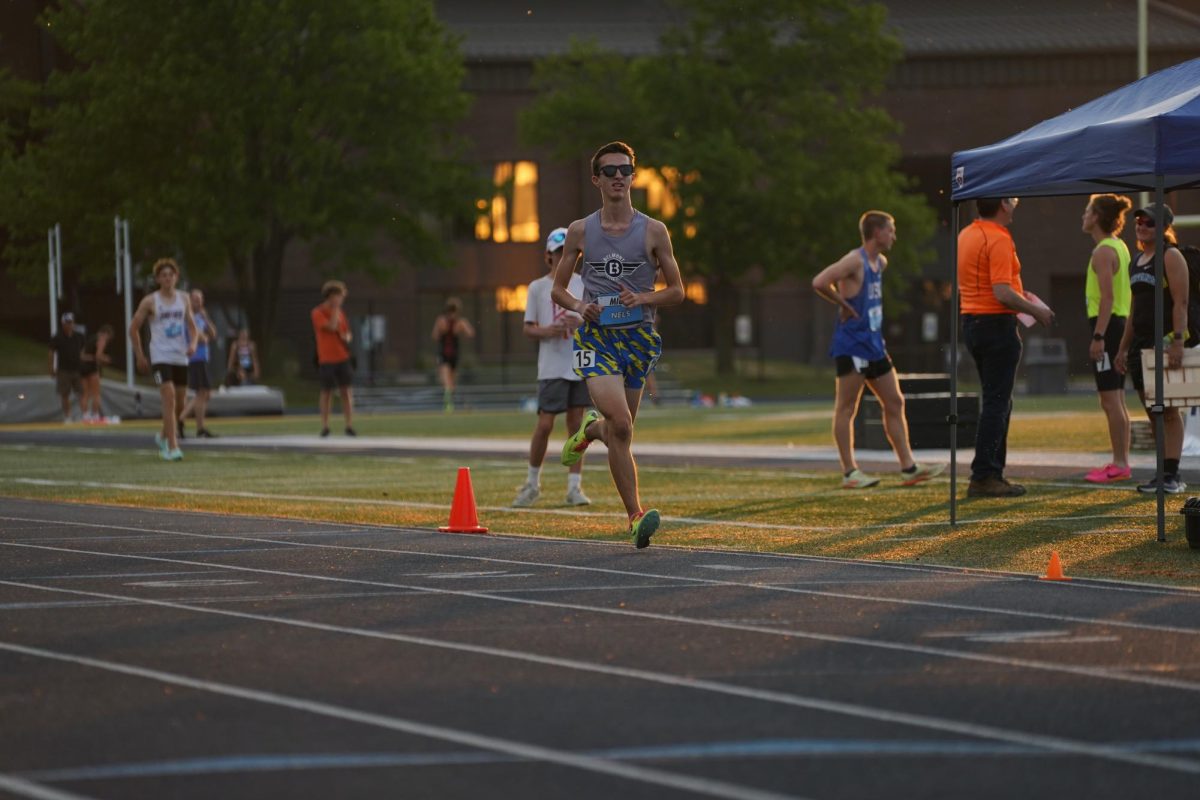



Prothsa Shekar • Dec 1, 2023 at 4:32 pm
High-achieving international students in Iowa face challenges in their educational, professional, and personal lives due to their immigrant status. They often immigrated under H-category visas, but face long green card application processes, lack of work authorization, and financial aid. Legislators must provide pathways to higher education and reform the American immigration system to help international students thrive.